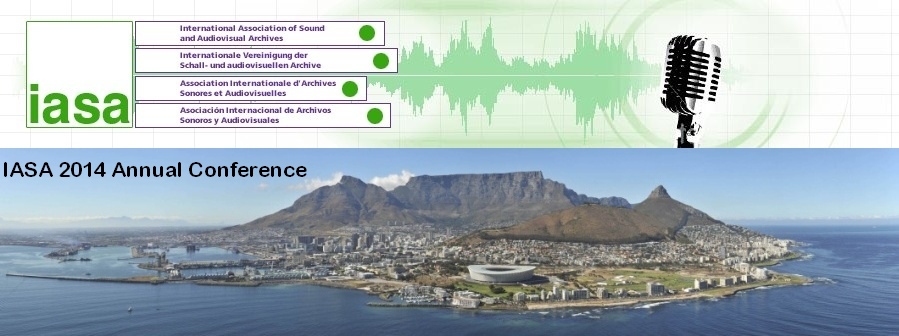This paper provides an overview of an ongoing research and implementation project between three scholars of different backgrounds and expertise (in archiving, ethnomusicology, online music communities, and digital delivery) who are collaborating to digitize, preserve, make available, and generate collective memory around three distinct corpuses of mostly inaccessible musical recordings: folk and Americana (1969-1990) performances from “The Ark, a nationally renowned venue; locally manufactured cassette recordings (1980s-2000s) from Tanzanian local recording studios, and; field recordings (1960s-1990s) from a diverse range of sub-Saharan African rural and urban settings made by Leo Sarkisian under the auspices of the Voice of America.
Despite their obvious differences, these three collections exhibit a range of common overlapping issues and challenges confronted by archives and special collections looking to maintain and make accessible large, unprocessed collections of analog sound recordings. As such, this project reflects and responds to a number of themes identified by this conference’s call for participation: content and technologies; contextualization and curation; curators and creators, and; crowd-sourcing, cataloging, and content management.
Hosted within Drupal, a robust and maturing open source content management system, we are building a heterogeneous multimedia, interactive, web-based delivery system for this content. Heterogeneous multimedia includes digitally reformatted analog audio, visual, and textual primary source materials for web-based listening and viewing. Online interactivity incorporates the development of a community sourced performance knowledgebase incorporating role-based metadata generation by performers, composers, scholars, obsessed enthusiasts, casual interested parties, and others. Developing, ingesting, and harmonizing metadata will greatly augment discovery, display, and usability. Social memory creation and elaboration via online forums will contextualize, enrich, and deepen knowledge about the collections via reminiscence, factual commentary, performance details, performance aesthetics, recording quality, biographical reflections, and the like.
Beyond the substantive technological and content creation and delivery challenges, this project is also developing a consciously proactive ethical approach to the complex and thorny challenges associated with copyright of musical recordings that will provide a range of creator and owner driven online access options. Our approach is being informed by a detailed review of how cultural heritage organizations are (and are not) handling copyright and access to web accessible sound recordings.
Greater awareness of and access to important collections of musical recordings housed within archives, special collections libraries, and personal holdings remains a largely unrealized objective. This project is creatively mitigating the substantial intellectual, pragmatic, technological, and legal challenges confronting realization of interactive permissioned online music archives.
